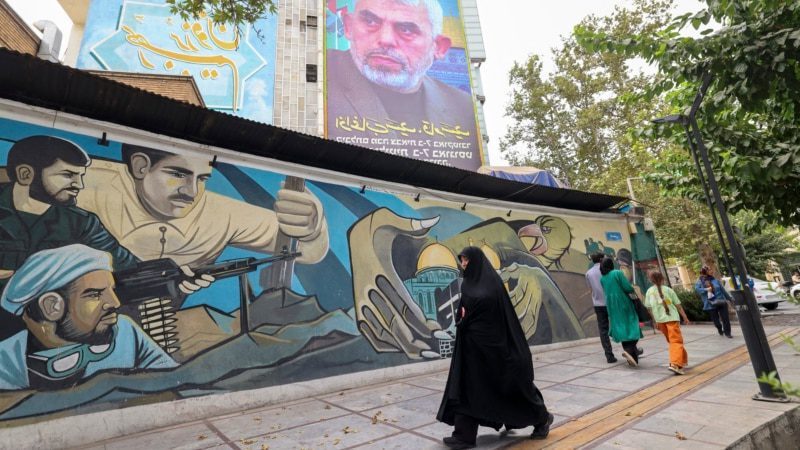BTN News: Iran has firmly rejected calls for restraint in its response to the assassination of a senior Hamas leader, Ismail Haniyeh, in Tehran, dismissing appeals from France, Germany, and the United Kingdom as lacking political logic and contradicting international law principles. The assassination has sparked a tense standoff between Iran and Israel, with European powers urging caution amidst escalating tensions in the Middle East. The Iranian government has criticized the European stance, arguing that their calls ignore the ongoing violence in Gaza and fail to condemn Israel’s actions. The situation has rapidly intensified, with both Iran and Israel preparing for potential military escalation, and the U.S. signaling its support for Israel by deploying additional military assets to the region.
The Iranian Foreign Ministry’s spokesperson, Nasser Kanaani, has been vocal in rejecting the recent statement by the European trio, also known as the E3, which urged Iran and its allies to refrain from retaliatory actions against Israel. Kanaani accused the E3 of hypocrisy, stating that their plea disregards the sovereignty and territorial integrity of Iran, especially in light of what he described as “the crimes of the Zionist regime.” He further called on France, Germany, and the UK to take a definitive stand against the ongoing war in Gaza and to condemn Israel’s military actions, which have led to significant civilian casualties.
Iran’s President also weighed in on the matter during a conversation with the British Prime Minister, asserting Iran’s right to retaliate against Israel for the killing of Haniyeh. He suggested that any Iranian response would serve as a deterrent against future acts of aggression by Israel. This rhetoric underscores the rising tensions between Iran and Israel, with Tehran signaling that it is prepared to escalate the conflict if provoked.
The situation has prompted the United States to take preemptive measures, with White House National Security Spokesperson John Kirby warning of the potential for a significant wave of attacks from Iran in the coming days. In response, U.S. Defense Secretary Lloyd Austin has ordered the deployment of the USS Georgia, a guided-missile submarine, to the Middle East. Additionally, the USS Abraham Lincoln carrier strike group has been instructed to accelerate its transit to the region. Pentagon Press Secretary, Major General Pat Ryder, confirmed that these moves are intended as a clear message to Iran, emphasizing that the U.S. is committed to de-escalating the situation while also being prepared to defend its forces and support Israel.
Amidst these developments, European leaders have reiterated their full support for efforts to secure a ceasefire and the release of hostages in Gaza. They have also backed the ongoing diplomatic efforts by the United States, Qatar, and Egypt to negotiate an end to the conflict between Israel and Hamas. However, analysts like Ari Circurel, Deputy Director of Foreign Policy at the Jewish Institute for National Security of America, remain skeptical about the prospects for a ceasefire. Circurel noted that Hamas has consistently rejected ceasefire efforts and hostage negotiations, and it remains unclear what might compel the group to change its stance.
The situation in Gaza continues to deteriorate, with Hamas claiming responsibility for the death of an Israeli hostage and the wounding of two others. Hamas spokesperson Abu Obaida attributed the killings to what he described as an Israeli “massacre” of Palestinians. Israel, on the other hand, has vowed to dismantle Hamas in response to the group’s October 7 attack, which resulted in the deaths of 1,200 people and the abduction of 250 hostages. The Israeli counteroffensive has led to a devastating humanitarian crisis in Gaza, with the death toll nearing 40,000, according to the Gaza Health Ministry, which is controlled by Hamas. Israel maintains that the casualties include thousands of Hamas fighters, while international concerns grow over the impact on civilians, particularly women and children.
The international community remains on edge as the conflict shows no signs of abating. With Iran and Israel on a collision course, and the U.S. and European powers closely monitoring the situation, the potential for a broader regional conflict looms large. The world watches with bated breath, hoping for a diplomatic resolution that seems increasingly elusive.


